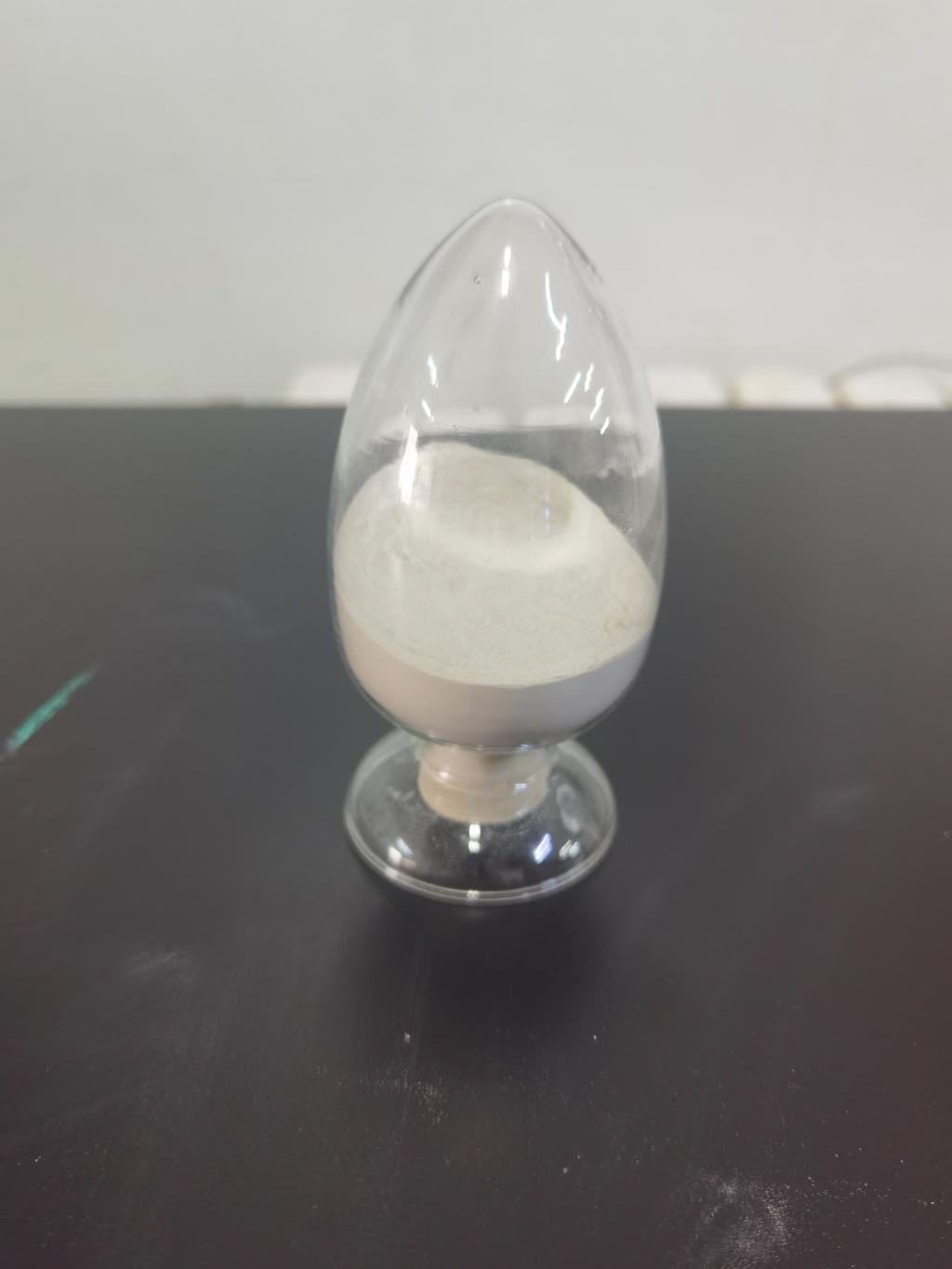Tel:+8618231198596

News
 CONTACT
CONTACT
 CONTACT
CONTACT
- Linkman:Linda Yao
- Tel: +8618231198596
- Email:linda.yao@dcpharma.cn
- Linkman:CHARLES.WANG
- Department:Overseas
- Tel: 0086 0311-85537378 0086 0311-85539701
News
Nisin's applications in plant-based and vegan food products.
TIME:2023-08-17
Nisin's Mechanism of Action and Advantages:
Nisin is a naturally occurring antimicrobial peptide produced by certain strains of lactic acid bacteria. Its primary mechanism of action involves disrupting the cell membranes of target microorganisms, particularly gram-positive bacteria, leading to cell death. This mode of action provides several advantages when applied to plant-based and vegan food products:
Preservation of Freshness: Plant-based and vegan foods are often rich in nutrients and moisture, creating an environment conducive to microbial growth and spoilage. Nisin's antimicrobial activity helps extend the shelf life of these products by inhibiting the growth of spoilage and pathogenic microorganisms.
Selective Action: Nisin's specificity for gram-positive bacteria ensures that beneficial microorganisms and natural microbiota present in plant-based and vegan foods remain largely unaffected. This targeted action contributes to preserving the desired flavor and texture of these products.
Clean Label and Natural Appeal: Consumer demand for clean-label and minimally processed foods is driving the food industry towards natural preservatives. Nisin aligns with this trend, as it is derived from bacterial fermentation and is considered a natural and GRAS (Generally Recognized as Safe) ingredient.
Applications in Plant-Based and Vegan Foods:
Dairy Alternatives:
Nisin can be incorporated into plant-based yogurt, cheese, and milk alternatives to extend their shelf life and prevent the growth of spoilage bacteria. This ensures that these products remain fresh and safe for consumption, even without the use of traditional dairy preservatives.
Meat Analogues:
Plant-based meat analogues often mimic the texture and flavor of traditional meat products, making them susceptible to microbial contamination. Nisin can be applied to these products to control the growth of bacteria and molds, enhancing their safety and quality.
Fermented Foods:
Many plant-based and vegan foods undergo fermentation to develop flavors and improve nutritional profiles. Nisin can be used to regulate the fermentation process by controlling unwanted microbial activity, ensuring consistent product quality.
Ready-to-Eat Meals:
Pre-packaged plant-based and vegan meals are convenient but can have a limited shelf life. Nisin helps extend the freshness of these meals by inhibiting bacterial growth, reducing the need for synthetic preservatives.
Bakery and Snack Products:
Nisin can be incorporated into plant-based bakery items, such as bread and pastries, as well as snack products like crackers and chips, to prevent mold growth and maintain product quality.
Benefits Beyond Food Safety:
Nisin's applications extend beyond food safety. Its inclusion in plant-based and vegan food products can have additional benefits:
Sustainability: By reducing the need for chemical preservatives and minimizing food waste through extended shelf life, nisin contributes to the sustainability of plant-based and vegan diets.
Consumer Acceptance: Nisin aligns with the preferences of health-conscious and environmentally aware consumers who seek minimally processed and natural food options.
Innovation: Incorporating nisin into plant-based and vegan foods encourages food manufacturers to innovate and develop new products that cater to the growing demand for sustainable and healthy alternatives.
Challenges and Considerations:
While nisin offers promising solutions, there are challenges to consider in its application to plant-based and vegan food products:
Regulatory Approval: The use of nisin in food products is subject to regulatory approval in different countries. Ensuring compliance with local regulations is crucial for its successful integration.
Production Costs: The cost of producing and purifying nisin may impact its feasibility for widespread adoption, necessitating research into cost-effective production methods.
Taste and Texture Impact: High concentrations of nisin could potentially affect the taste and texture of plant-based and vegan foods. Finding the right balance between preservation and product quality is essential.
Conclusion:
Nisin's applications in plant-based and vegan food products represent a promising frontier in the quest for innovative, safe, and sustainable food preservation methods. As the world embraces dietary shifts towards plant-based and vegan choices, the need for effective preservation strategies becomes paramount. Nisin's natural origin, targeted action, and compatibility with clean-label trends position it as a valuable tool for enhancing the quality, safety, and appeal of plant-based and vegan food offerings. As research and development in this field continue, nisin's role in reshaping the landscape of plant-based and vegan foods is set to expand, driving positive impacts on both consumer choices and the food industry as a whole.
- Tel:+8618231198596
- Whatsapp:18231198596
- Chat With Skype







